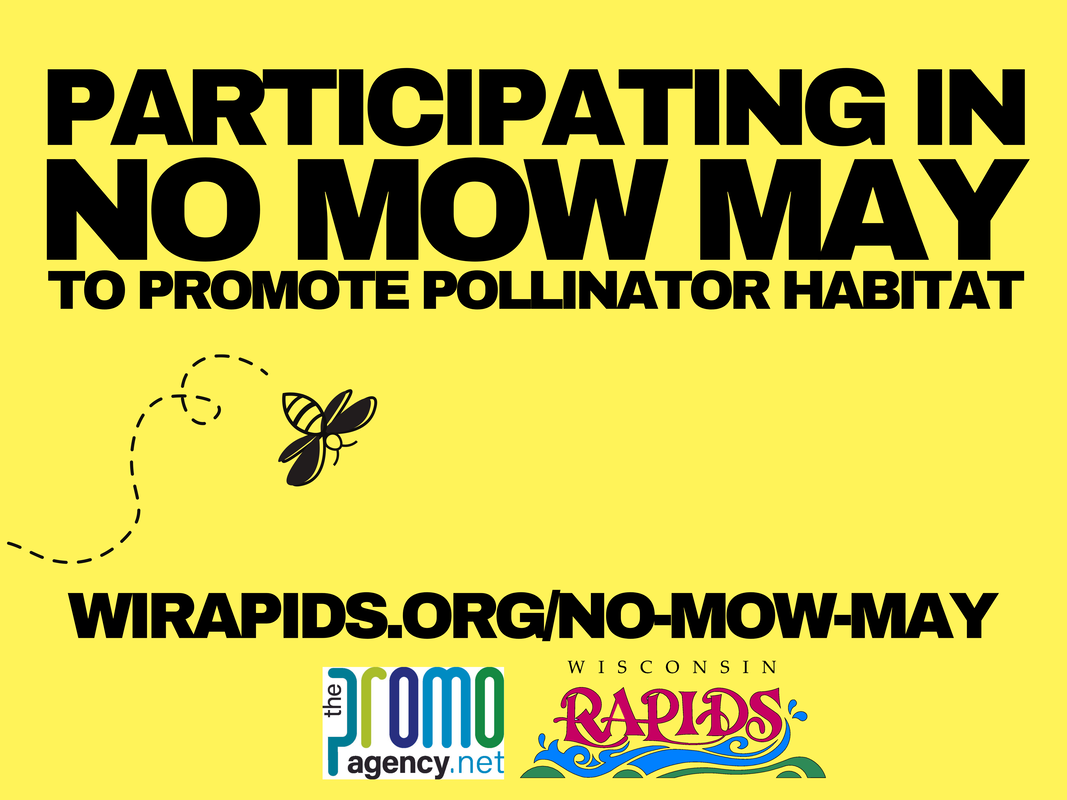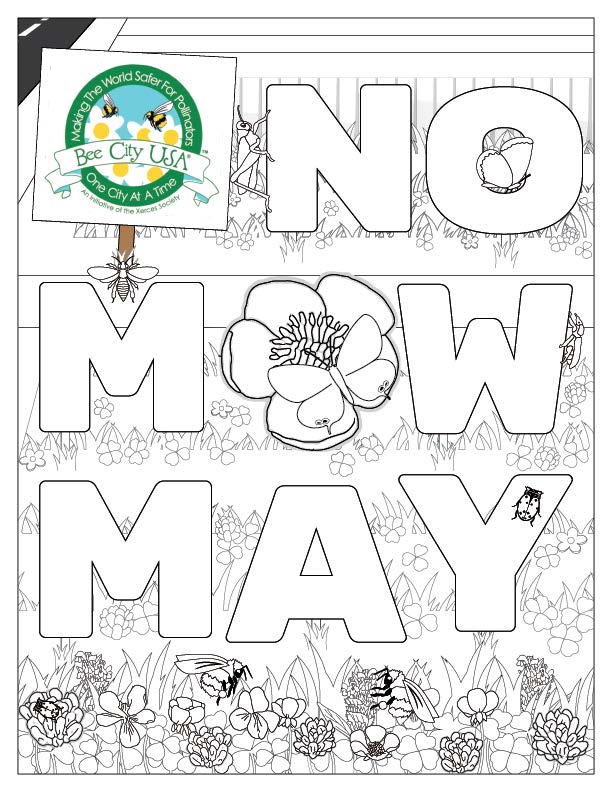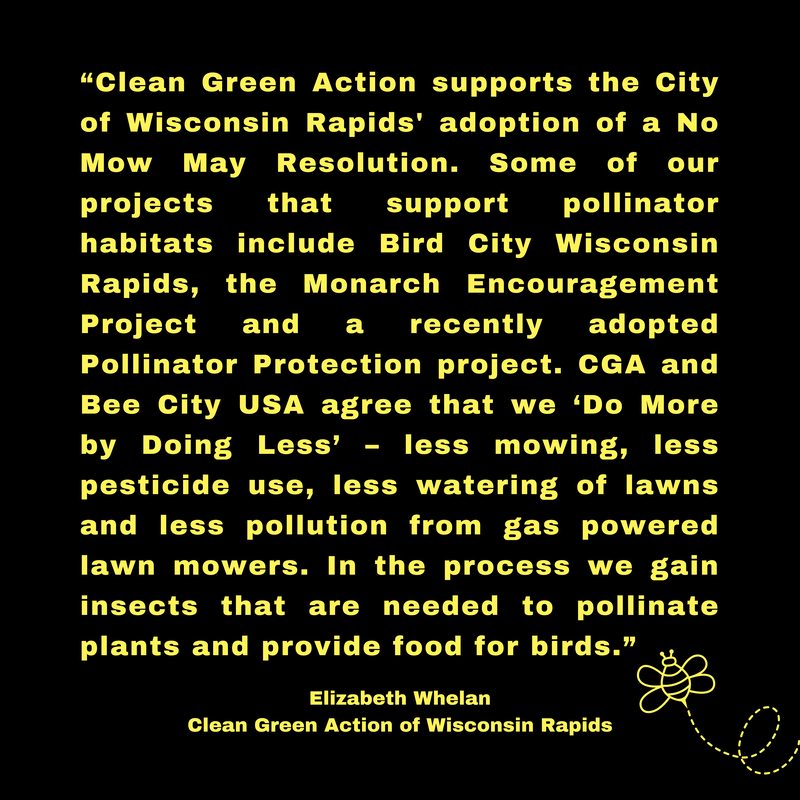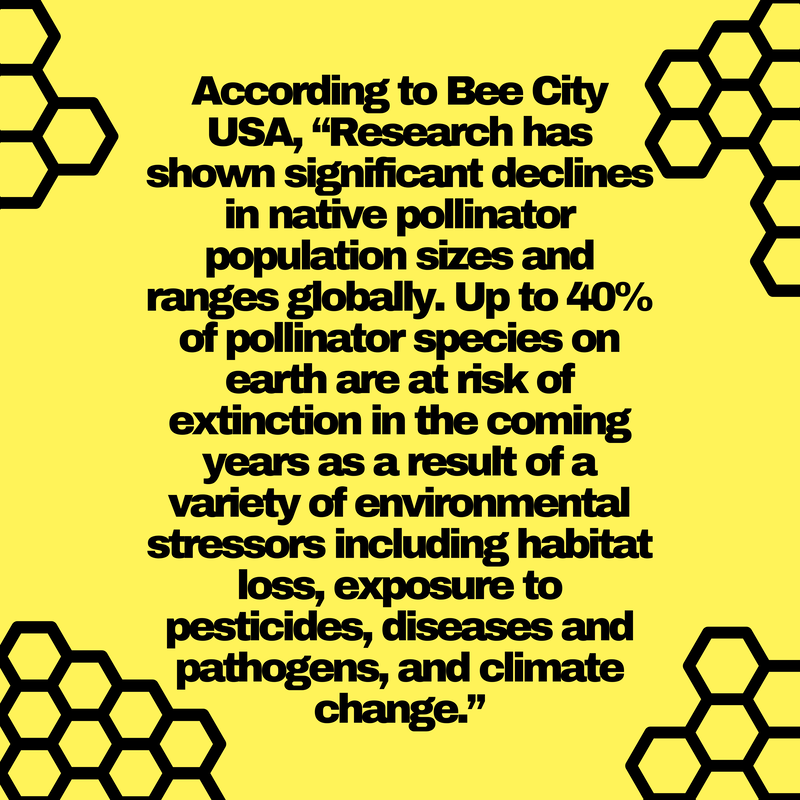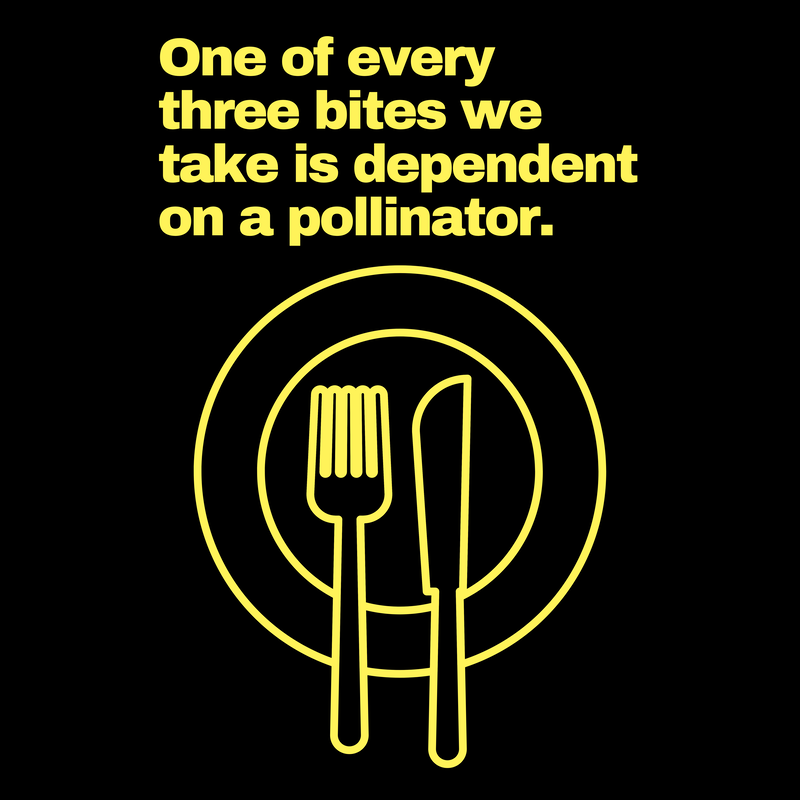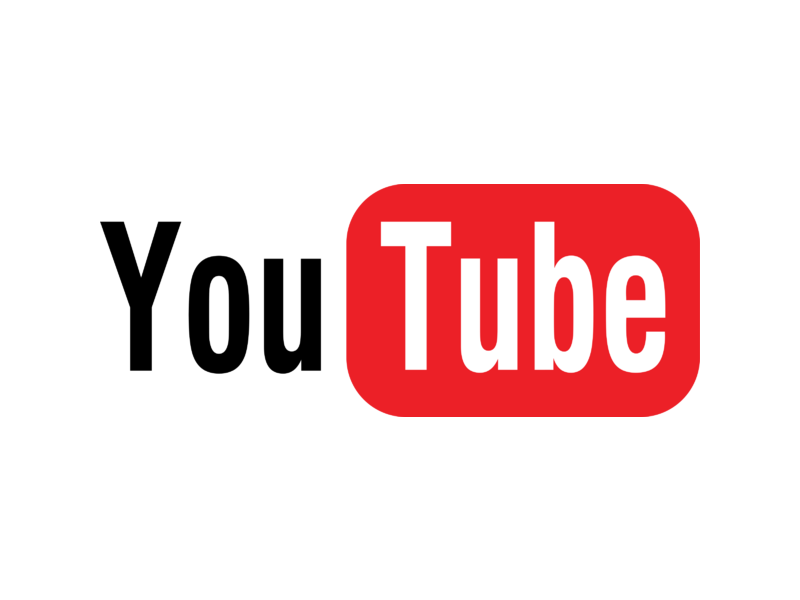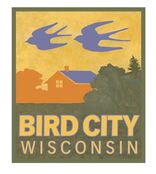|
How to Participate?
To promote and educate the community about the critical period of pollinator emergence, the month of May 2024 has been designated as No Mow May in the City of Wisconsin Rapids. The Common Council adopted the resolution at their March 19th meeting. You can find the press release HERE. Participation in the No Mow May initiative is voluntary and free of charge. City residents and property owners who are interested in participating may do so without registering. The City has suspended the enforcement of Chapter 36, Section 302.4, of our Municipal Code city-wide for the month of May 2024. Properties must be brought back into compliance by June 7, 2024 (which provides a grace period in recognition of weather or scheduling limitations). Properties that aren't compliant by the deadline will be subject to regular penalties for long grasses or weeds. Each City of Wisconsin Rapids property is eligible to receive one free yard sign, but we have a limited number of yard signs available. Please keep your yard sign for future No Mow May programs. Additional yard signs can be purchased for $10 each. Yard signs can be picked up at the Mayor's Office on the 3rd floor of City Hall, 444 West Grand Ave., between 8 a.m. - 3:30 p.m., Monday through Thursday or 8 a.m. - 12 p.m. on Fridays. You may also contact Emily at [email protected] with questions about yard signs. Resources
Xerces Society for Invertebrate Conservation provides a variety of data and materials related to conservation of invertebrates and their habitats. Bee City USA provides a variety of information and materials related to pollinators, plants, pesticides, sustainability and initiatives. Plantlife, an organization based in the United Kingdom, first popularized the No Mow May initiative. Their websites provides data and recommendations. Visit the McMillan Library to request additional literature on pollinators. Clean Green Action is a grass roots environmental group in Wisconsin Rapids that began in 2008. Protecting Pollinators and Improving Pollination in Wisconsin Cranberry Marshes provides information on how pollinators are important to cranberry growers. On pages 2-3 of this issue of the Cranberry Crop Management Journal provides resources about pollinator gardens, and which species of pollinator support plants do best in low pH soils. It is common for cranberry growers to keep pollinator patches on farm to encourage wild pollinators to supplement honey and bumblebee efforts—and since cranberry growers usually have low pH soils, the seed mixes available to homeowners are not always tailored for our soils. Download a coloring page by clicking below! |
Why?
The goal of No Mow May is to provide early season forage for native pollinators by reducing our mowing intensity during a month when foraging resources are limited. Allowing lawns to grow longer, without treating them with chemical pesticides or herbicides, leads to an increase in the number and types of native plants, which are a great source of food for pollinators, such as bees and butterflies. Additionally, it provides important insect habitats for those that are still in diapause (a type of hibernation) in early spring. Weed growth in May is particularly important, because many other spring blooms have not yet emerged. Questions? Questions about the program can be directed to the Mayor's Office at 715-421-8216 or [email protected]. Questions about lawn care ordinances can be directed to the Community Development Office at 715-421-8228 or [email protected]. Questions about how to dispose of residential lawn clippings can be directed to the Street Department at 715-421-8218 or [email protected]. |
- Home
-
Government
-
Departments
- Airport >
- Assessor's Office
- Attorney >
- Clerk >
- Community Development >
- Engineering >
- Finance >
- Fire >
- Human Resources >
- Innovation & Technology >
- Lowell Center
- McMillan Library
- Municipal Court >
- Parks & Recreation >
- Police >
- Running Inc.
- Streets >
- Wastewater Treatment Plant
- Waterworks and Lighting Commission
- Wisconsin Rapids Community Media
- Community

